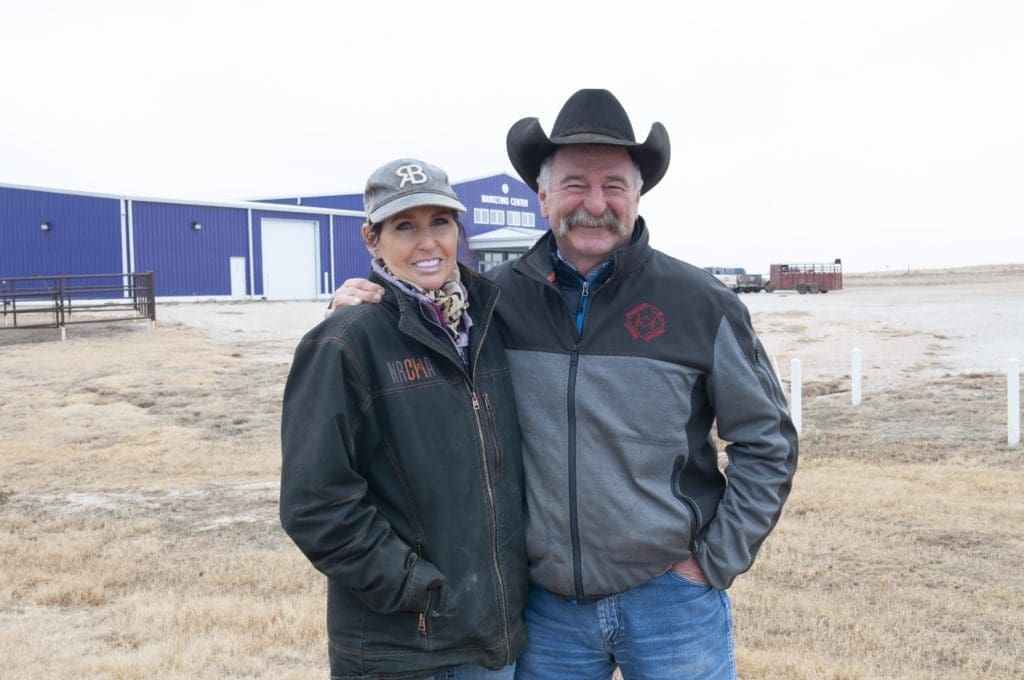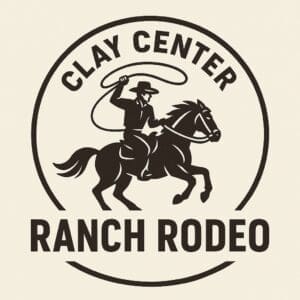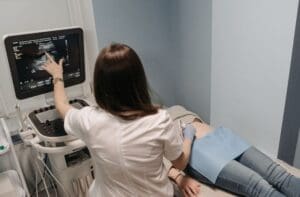K-State Research and Extension news service
Manhattan, KS – A popular Kansas State University lecture series that draws leading officials in agriculture to provide science-based education about world food issues is slated for Tuesday, Oct. 11 at 7 p.m. in McCain Auditorium.
Admission is free for the Henry C. Gardiner Global Food Systems lecture, featuring Beth Ford, the president and Chief Executive Officer of Land O’Lakes, Inc. and a staunch advocate for connecting consumers to the people who grow their food.
Ford will appear at K-State as part of a chat moderated by Tyne Morgan, host of U.S. Farm Report. Their talk is titled, The Future of Ag is Rooted in Tomorrow: A Conversation with Beth Ford.
The lecture series was founded by the Gardiner family of Ashland, Kan. Henry C. Gardiner, who passed away just days before the first lecture in 2015, was known as a visionary leader who dedicated his career to improving the beef industry through science and technology.
K-State Radio Network producer Samantha Bennett recently sat with Henry Gardiner’s son, Mark Gardiner, to gain more insight about the series.
Bennett: Why did you establish this lecture series?
Gardiner: We wanted to honor my dad’s curiosity and his search for doing things better in agriculture. But also when we think about Kansas State University — and the things we learned here over the years – well, frankly, K-State Research and Extension has helped keep Gardiner Angus Ranch in business. We wanted to bring honor and discussion of timely topics to Kansas State, not only to honor Henry’s legacy, but also to honor Kansas State’s legacy.
Bennett: This has been an important project for your family, right?
Gardiner: People say nice things about our family, but I want to stress that it’s not just us making this happen. There have been more than 400 family members, friends and customers that have contributed to this fund.
Bennett: This series has drawn some really big names in agriculture. And you haven’t shied away from presenting topics that can sometimes be controversial.
Gardiner: We’ve had some criticism and some discussion, but that’s what we want. We live in the real world; we don’t live on an island. So we need to engage in these conversations and we need to lead these conversations. The facts are friendly and we need to provide the facts. When we’re doing something that is not appropriate, we need to learn and change.
When we look at those who have presented in the past, these are people that are very successful in their own areas. But what’s been the overwhelmingly fun thing for me to learn is that they are very good people. And they’ve been very accessible to our students, our faculty and our producers in Kansas.
When we look at how this lecture series has affected not only the community in Manhattan, Kan., but also the United States and world…we think it’s important to have discussions on those (controversial) topics. You and I may not always agree on everything, but if we talk to each other, we can probably get to a better place. And I think the lecture series has done a good job of accomplishing that.
Bennett: And what an opportunity for students to have something like this to learn from?
Gardiner: When students have access to professionals in agriculture – for example, to see a Sara Menker (CEO of GroIntelligence who appeared on the May 10-17, 2021 cover of Time Magazine) – students see they’re just people, and they’re good people. As a student, you might say: ‘Why not me? I can do that, too.’ Curiosity leads students to a better place.
Bennett: What excites you most about this year’s speaker, Beth Ford?
Gardiner: I’m excited to hear about the opportunities we have in agriculture and to feed the world; she’s going to have a whole different window than many of us do in our little segments of agriculture.
I often joke with students, colleagues and producers who talk about 7.5 billion people in the world today, and by 2050, we’ll have 10 billion people. We’re going to have to produce more food at that point in time than we have in history. In 2050, I plan on being here. I don’t want to be hungry and I don’t want anybody else to be hungry. That’s the challenge. The good news is we can do this, and we will.
Bennett: What do you hope those that attend will take away from the lecture?
Gardiner: I think first and foremost that all of these issues are real and tangible. When I look in the mirror, that’s who needs to get after it. I can do this too. What am I going to do to make this place a better place?
There’s a coach (at K-State, referring to former football coach Bill Snyder), and he’s still pretty famous, and our business tries to live by something he says: What can we do today to get better at everything we do? And then we just add that add up. If we improve 1 percent every day, just think where we’ll be at in 100 days.
Our family is very proud of that legacy. But it’s just realizing that the time to improve the world is now, and then looking in the mirror and saying, ‘Let’s go.’
Samantha Bennett’s full conversation with Mark Gardiner is available on K-State’s Agriculture Today podcast that aired on Tuesday, Oct. 4. More information on the 2022 Henry C. Gardiner Global Food Systems lecture, as well as videos of past speakers, is available online.













